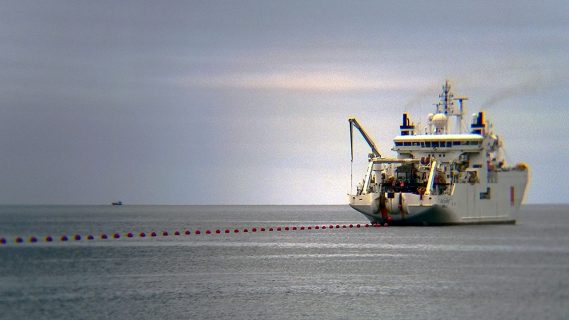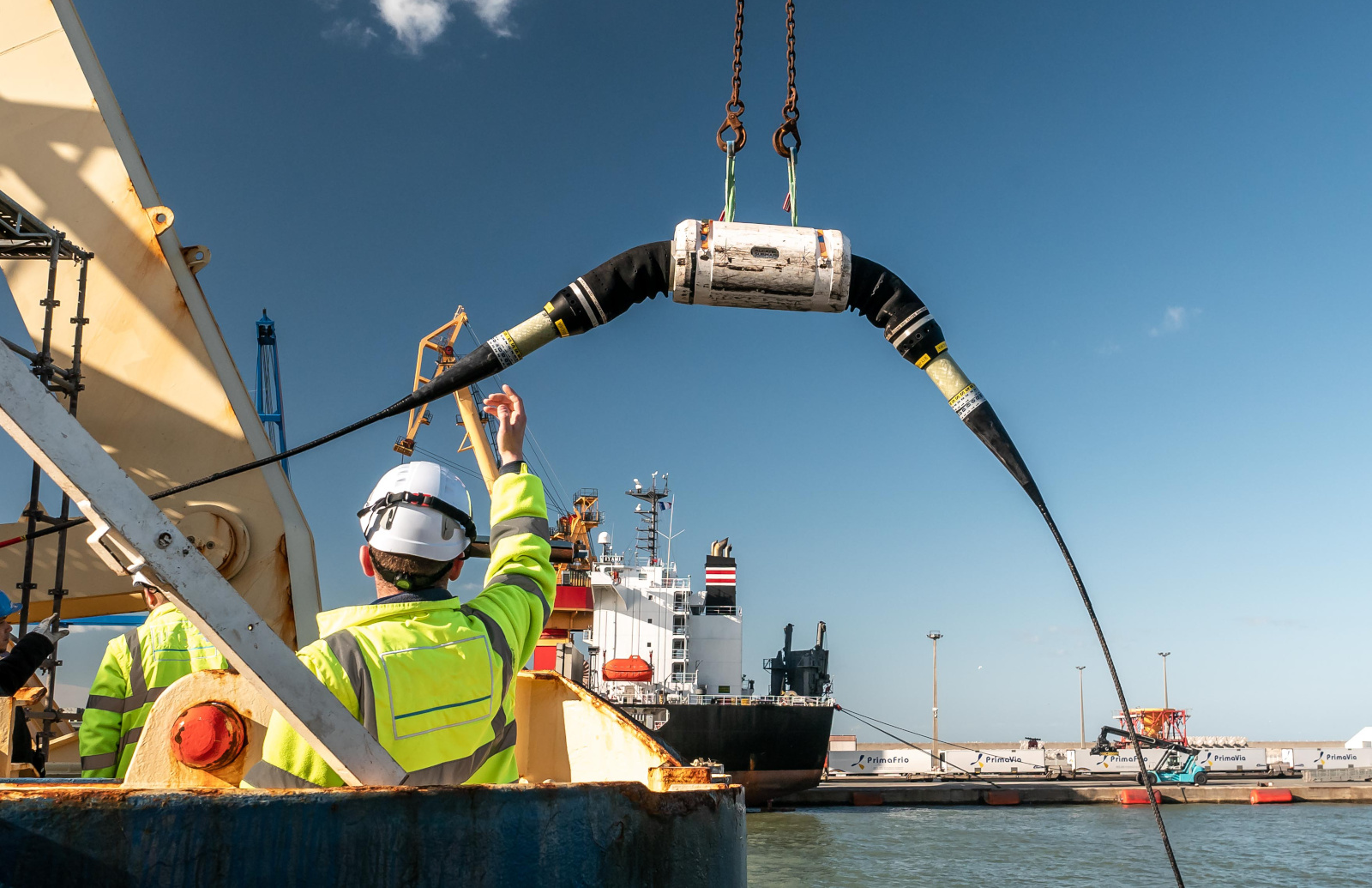2Africa Subsea Cable is the longest fibre optic undersea cable ever installed, stretching over 45,000 kilometres. It’s worth noting that this 2Africa cable connects three continents: Africa, Asia, and Europe. The 2Africa cable, led by Facebook, has arrived in Djibouti following months of construction of this massive undersea network.
A significant event was held at the beach Siesta to welcome Djiboutis 2Africa subsea Cable, with the attendance of Djibouti Telecom representatives and under the auspices of the Minister of Communication in charge of Posts and Telecommunications, Mr Radwan Abdillahi Bahdon.
Several delegates from the Smart Africa Alliance were also present at this occasion as part of a Cloud seminar co-organized with the Ministry of Digital Economy and Innovation.
Significance of the 2Africa Cable Regarding the country’s Fibre and Network Services
This is the ninth cable to arrive in the nation, indicating that Djibouti Telecom has greatly extended its communication capacity. Given the increasing reliance on the Internet, Djibouti Telecom believes that an underwater fibre optic network is the most dependable method for people to be connected.
Also Read: US$ 55M Boost for Djibouti-Power System Interconnection Project
To fulfil this rising demand, the business collaborated with Facebook to land the 2Africa cable in Djibouti. The 2Africa consortium includes the American behemoth Facebook as well as other carriers such as China Mobile International, MTN Global Connect, Orange, Vodafone, Egypt Telecom, STC (Saudi Telecom Company), and WIOCC.
ASN, a French business, has been tasked with carrying out this large-scale operation (Alcatel Submarine Networks). Djibouti Telecom strengthens the supply of connectivity and reinforces the country’s position as a regional hub, attracting more foreign investors, thanks to the new capacities provided by the 2Africa submarine cable, which will be combined with those of the eight other cables already in place.
Djibouti Telecom intends to house this new cable at the new Cable Landing Station, which is now under development and will host more in the future. This three-story structure will be outfitted with cutting-edge technology, providing unprecedented operating efficiency and the security to support several cables.
Reported earlier
May 2020
Plans are in place to construct a new subsea cable ‘2Africa’ for better connectivity

Plans are in place to construct a new subsea cable dubbed ‘2Africa’, the most comprehensive subsea cable to serve the African continent, Europe and the Middle East region. 2Africa is one of the largest subsea cable projects in the world and will interconnect 23 countries in Africa, the Middle East, and Europe. Facebook and a group of telecom companies including China Mobile International, MTN Global Connect, Orange and Vodafone are behind the international project.
2Africa cable project
The telecom infrastructure, which is designed to significantly improve connectivity will connect Europe (eastward, via Egypt), the Middle East (via Saudi Arabia) and Africa through 21 landing points in 16 countries. An optional direct optical interconnection between East Africa and Europe is planned.
The new 37,000 km long subsea project will be built by Alcatel Submarine Networks (ASN). It is expected to be commissioned in 2023/4, with a nominal capacity of up to 180 Tbit/s. The new infrastructure will meet the demand for ever-increasing capacity and will facilitate the deployment of 4G, 5G and fixed broadband access.
Also Read: Kenya partners with Djibouti to construct US $59m submarine cable
Expanding connectivity
According to Najam Ahmad, Vice President of Network Infrastructure at Facebook, 2Africa is being completed as part of the company’s efforts toward an open and inclusive internet ecosystem, which is a vital part of the continent’s digital economic growth. In the countries where the 2Africa cable lands, service providers will obtain capacity in carrier-neutral data centres and open-access cable landing stations on a fair and equitable basis.
“The first subsea cable system to seamlessly connect East and West Africa across a single open system, 2Africa will enable new avenues of communication from coast to coast. In addition, we are developing a new crossing that links the Red Sea and the Mediterranean Sea, the first in this region in over a decade. This expanded capacity will facilitate a healthy internet ecosystem by enabling greatly improved accessibility for people and businesses alike.,” he affirmed.

Leave a Reply